Contributed by Nicolas Grekas in #40214 and #40782.
Symfony defines different configuration environments so you can change your application behavior depending on where it’s run (e.g. locally in your development machine, in the production server, etc.) The options applied to bundles/packages in all environments are defined in config/packages/ and the specific options of each environment are defined in config/packages/<environment>/. This works well, but it’s cumbersome when the differences among environments are minimal, because you need to create/maintain another config file just to change a few config options. That’s why in Symfony 5.3 you can also define options for different environments in a single file. The exact syntax to use depends on the format of the config file. In YAML config files, use the when@... special key: 1 2 3 4 5 6 7 8 9 10 11 12 13 14# config/packages/webpack_encore.yaml webpack_encore:
...
output_path: '%kernel.project_dir%/public/build'
strict_mode: true
cache: falsewhen@prod: webpack_encore: cache: true
when@test: webpack_encore: strict_mode: false
In XML config, wrap the config in the new <when> tag: 1 2 3 4 5 6 7 8 9 10 11 12 13 14 15 16 17 18 19<!-- config/packages/webpack_encore.xml --> <?xml version="1.0" encoding="UTF-8" ?> <container xmlns="..."> <webpack-encore:config> <!-- ... --> </webpack-encore:config>
<when env="prod">
<webpack-encore:config>
<!-- ... -->
</webpack-encore:config>
</when>
<when env="test">
<webpack-encore:config>
<!-- ... -->
</webpack-encore:config>
</when>
</container>In PHP config files, use the new env() method to check in which environment is the application running: 1 2 3 4 5 6 7 8 9 10 11 12 13 14 15// config/packages/webpack_encore.php use Symfony\Component\DependencyInjection\Loader\Configurator\ContainerConfigurator;
return static function (FrameworkConfig $framework, ContainerConfigurator $container) { // ...
if ('prod' === $container->env()) {
// ...
}
if ('test' === $container->env()) {
$framework->test(true);
$framework->session()->storageFactoryId('session.storage.mock_file');
}};
This syntax also works to define routes and services only in some environments. You can even combine all in a single file to configure some package and create services but only for some environments: 1 2 3 4 5 6 7 8 9 10 11framework: secret: '%env(APP_SECRET)%'
when@dev: services: App\SomeServiceForDev: ~
when@test: framework: test: true
...
The traditional way of using a config file per environment will keep working in the future, but we encourage you to give this new feature a try to reduce the number of config files to maintain. Lastly, classes can now use PHP attributes to tell that they should only be registered as services in some environments: 1 2 3 4 5 6 7 8 9 10 11 12 13 14 15 16use Symfony\Component\DependencyInjection\Attribute\When;
[When(env: 'dev')]
class SomeClass { // ... }
// you can apply more than one attribute to the same class:
[When(env: 'dev')]
[When(env: 'test')]
class AnotherClass { // ... }
Sponsor the Symfony project.Zaloguj się, aby dodać komentarz
Inne posty w tej grupie
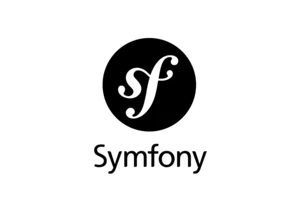
This week, development activity focused on the upcoming Symfony 7.4 and 8.0 versions, which will deprecate and remove many features. In addition, we published a case study about Yousign. Finally, we'r

As digital signatures become the norm in modern business, Yousign has established itself as a trusted leader across Europe. Behind its simple, intuitive interface is a powerful technical engine, handl

Get ready for the exciting SymfonyOnline June 2025, kicking off in a few days only! There’s still time to register and join the international online Symfony conference—along with pre-conferenc
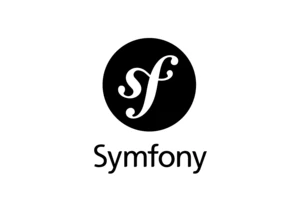
This week, Symfony released the stable version of Symfony 7.3, which includes lots of amazing new features. We also published the maintenance versions 6.4.22 and 7.2.7.
Symfony development highlights
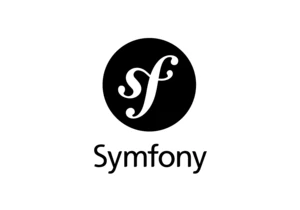
This is the second part of the blog post showcasing the main DX (developer experience) features introduced in Symfony 7.3. Read the first part of this blog post.
Verify URI Signatures… https://symfon
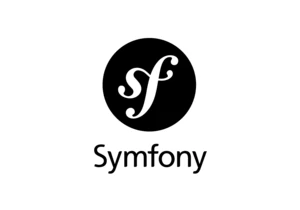
Symfony 6.4.22 has just been released. Read the Symfony upgrade guide to learn more about upgrading Symfony and use the SymfonyInsight upgrade reports to detect the code you will need to change in you
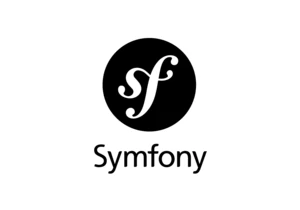
Symfony 7.2.7 has just been released. Read the Symfony upgrade guide to learn more about upgrading Symfony and use the SymfonyInsight upgrade reports to detect the code you will need to change in your
